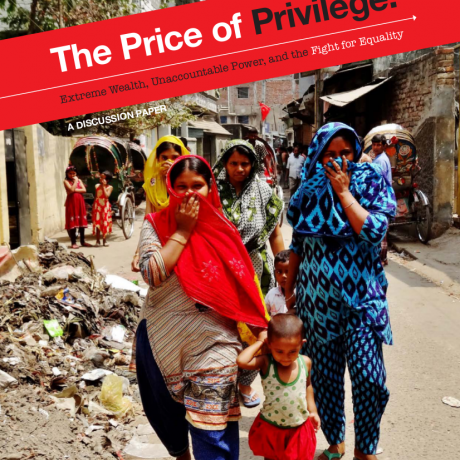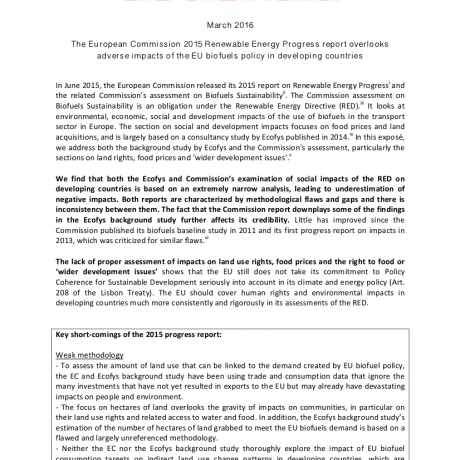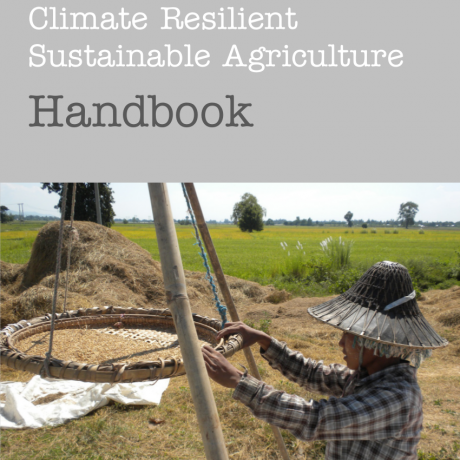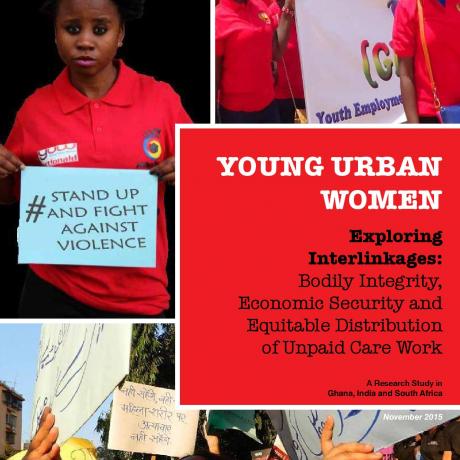Publications
Still racing toward the bottom? Corporate tax incentives in East Africa
In 2012, ActionAid and Tax Justice Network Africa published a report containing estimates of how much revenue East African countries were losing by providing tax incentives.1 Tax incentives often
Strengthening urban resilience in African cities: Understanding and addressing urban risk
The population of Africa’s cities is growing rapidly. But as poor people cram into towns and cities characterised by limited, weak and often under-resourced infrastructure, they are increasingly
The Price of Privilege
Inequalities of all kinds are on the rise. This is happening despite the fact that the moral, political and economic justifications for such inequalities — whether between women and men, between Dalit
What a way to make a living: Using industrial policies to create more and better jobs
One in every three young people in the world is either unemployed or working yet living in poverty. Between 2010 and 2013, developing country economies grew almost twice as fast as the wages workers
Tax Power Campaign Reflection-Action toolkit
16 participatory tools for communities to analyse and take action on tax injustice#taxpaysfor our rightsWhen funds are missing for quality public services, it’s communities living in poverty
Mistreated
Women and girls in the world’s poorest countries need strong and effective public services such as schools and hospitals. To pay for this, these countries urgently need to collect more tax revenue.
Violence Against Women in the Gaza Strip
Following the Israeli military Operation Protective Edge in summer 2014, this reports presents the findings of a study initiated by ActionAid and Alianza por la Solidaridad (Alianza) on violence
Young Urban Women: Exploring Interlinkages: Bodily Integrity, Economic Security and Equitable Distribution of Unpaid Care Work
ActionAid and its partners have, since 2013, been working to address the issues of bodily integrity and economic security among approximately 5800 young women in the age group of 15- 25 years in seven









